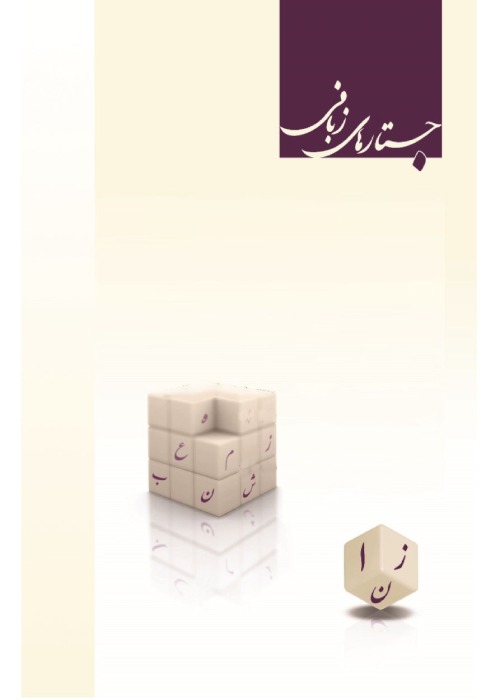Linguistic Foregrounding in Tarikh-e Beyhaqi based on Geoffrey Leech’s Theory
One of the important aspects that can be investigated in Tarikh-i Bayhaqi is its linguistic delicacies and characteristics. As well as being of historical importance, the language of Tarikh-i Bayhaqi is also significant. Having a linguistic approach to Tarikh-i Bayhaqi, we observe highly frequent linguistic characteristics that have greatly contributed to the literariness of the book and created linguistic foregrounding. Foregrounding here refers to deviation from established linguistic conventions which leads to defamiliarization of language, an aspect of literariness of texts. Linguists consider deviation from norms (unexpected irregularity) as well as unexpected regularity to result in foregrounding. Drawing on Geoffrey Leech’s theory of stylistics, we investigated 7 types of foregrounding in Tarikh-I Bayhaqi, namely lexical, grammatical, stylistic, semantic, historical, phonological and dialectal. The findings show that using neologisms and novel collocations, using archaic words and structures, using imagery, using Quranic verses and Hadith, drawing on Persian and Arabic literature, and using different types of linguistic parallelism have resulted in foregrounding in Tarikh-i Bayhaqi and turned it into a literary text. In his book, Abu'l-Fadl Bayhaqi has significantly utilized potentials of Persian language which enabled him to create a literary text – a text with various characteristics of deviation from norms as well as foregrounding. Masterfully drawing on phonological, lexical and syntactic parallelism, Bayhaqi has increased the musicality of his language, which has in turn increased the literariness of his discourse. While, according to Leech, deviation from norms is the means for creation of poetry, and addition of regularity is the means for creation of prose, it must be noted that in Tarikh-i Bayhaqi we cannot draw a clear distinction between the two. For example, while deviation from syntactic norms through repositioning sentence elements can add secondary meaning to the sentence, it can also contribute to poetic features and creation of musicality, or, as another example, deviation from dialectal and phonological norms does not create poetry. Employing novel and beautiful words and combinations, using imagery, method of collocating words, using archaic words and syntactic structures, using Quranic verses and Hadith as well as Persian and Arabic poems together with various types of parallelism and repetition, including repetition of vowels, words and syntactic structures, are among the features that have resulted in linguistic foregrounding in Tarikh-i Bayhaqi, transforming it into a literary prose. Tarikh-i Bayhaqi is among the few works in which the author has succeeded to significantly draw on the potentials of the Persian language and create a literary text.
- حق عضویت دریافتی صرف حمایت از نشریات عضو و نگهداری، تکمیل و توسعه مگیران میشود.
- پرداخت حق اشتراک و دانلود مقالات اجازه بازنشر آن در سایر رسانههای چاپی و دیجیتال را به کاربر نمیدهد.



